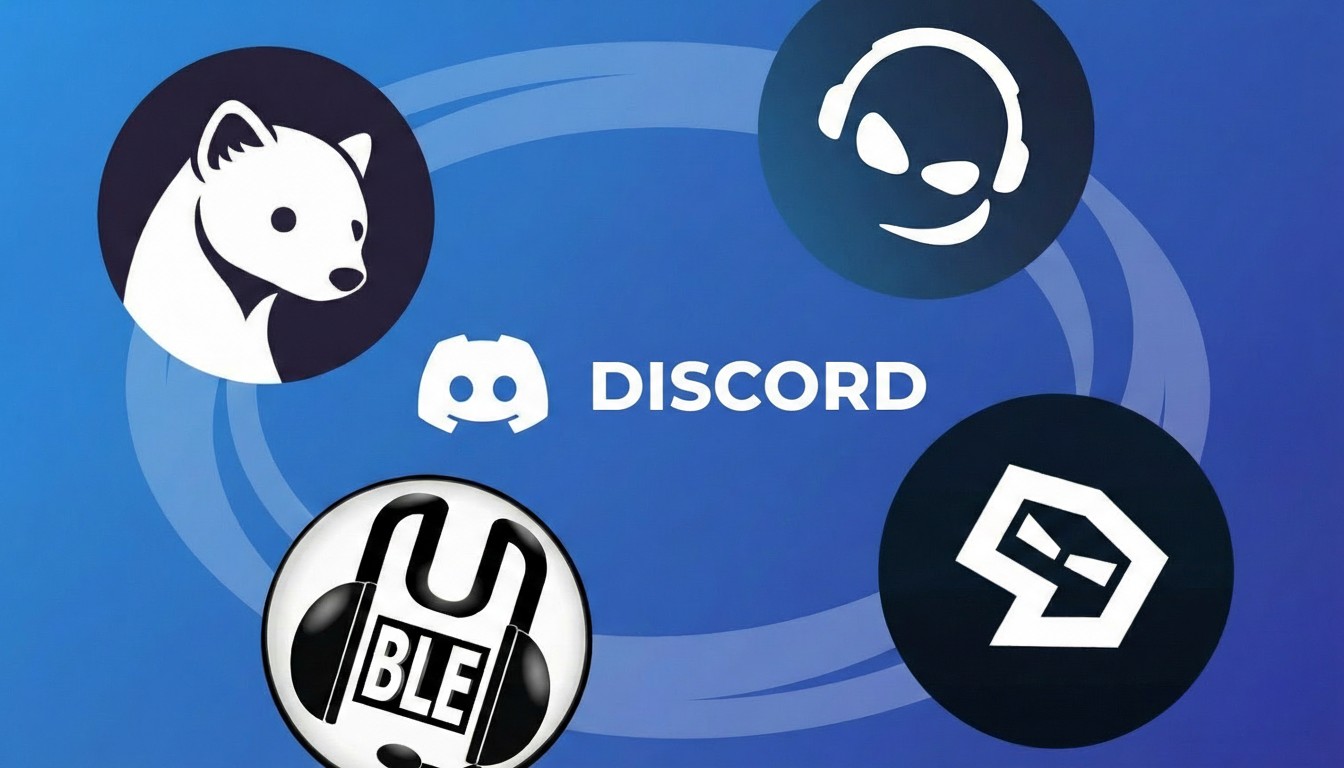Price? Bandwidth? Exclusives? Here's what Google failed to say about Stadia
Google needs to be more transparent about its gaming initiative.
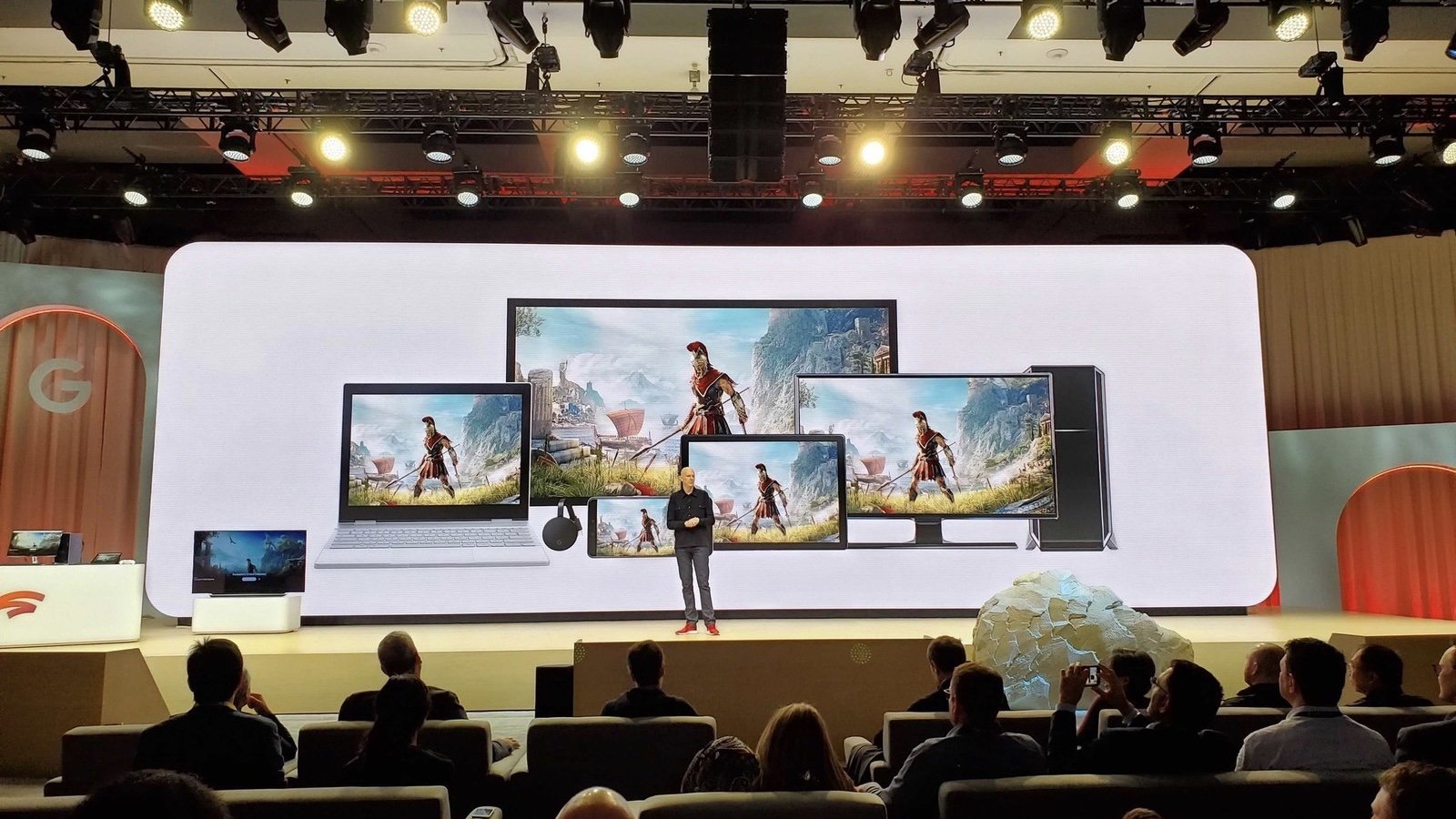
All the latest news, reviews, and guides for Windows and Xbox diehards.
You are now subscribed
Your newsletter sign-up was successful
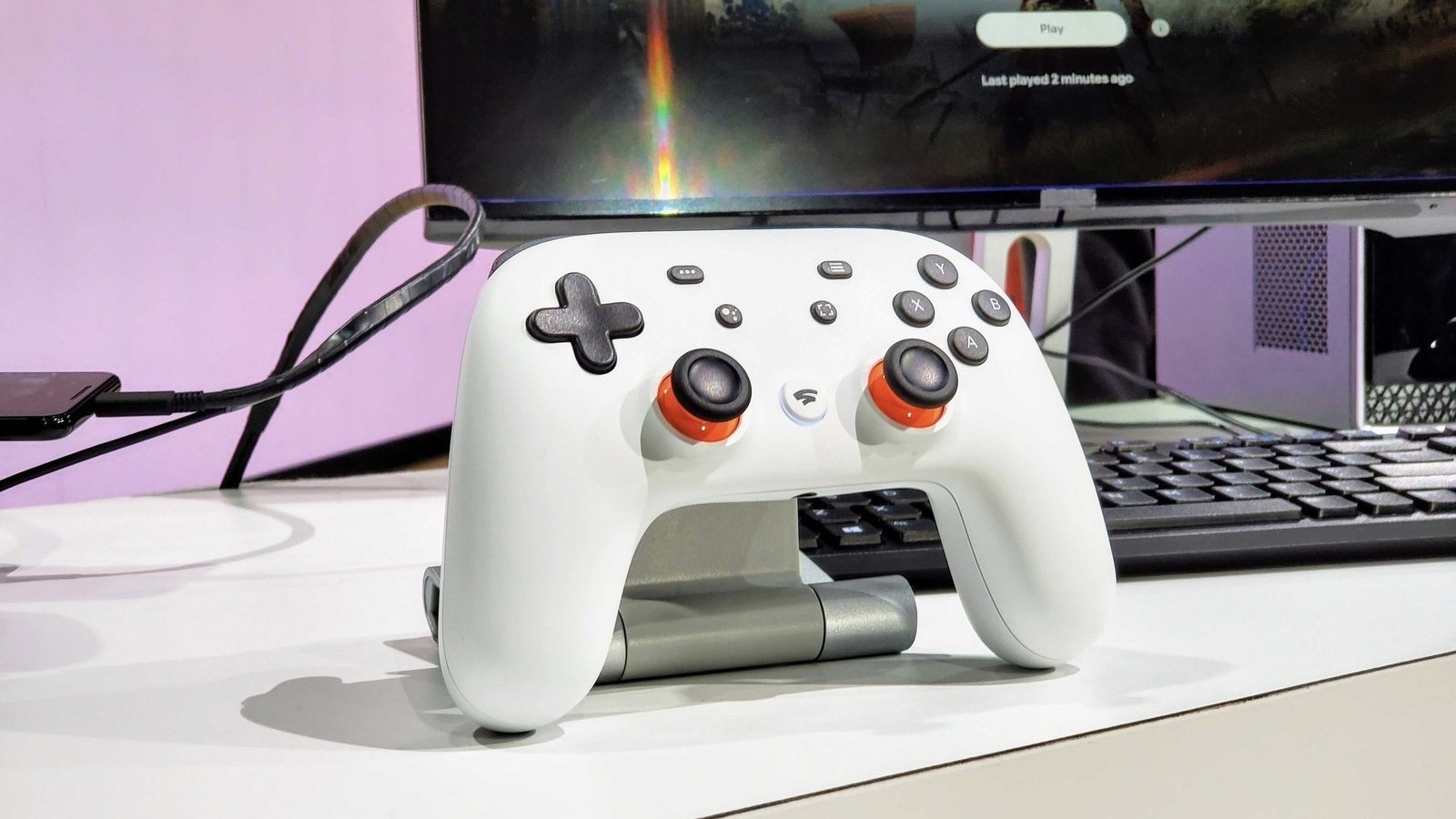
Google fired a shot across the bow of every major console manufacturer as it unveiled its Stadia gaming streaming platform. The company wants everyone to be able to play games, and believes that the answer to this is streaming. However, there are a number of issues that Google needs to address before this becomes a viable platform. These concerns mostly deal with internet limitations, image quality, and input lag.
The folks at Digital Foundry released a detailed analysis of how Stadia compares to other platforms when playing Assassin's Creed Odyssey. On an excellent connection, the input lag drops down to 166 ms, which is quite comparable to 145 ms on the Xbox One X. However, when you compare it to a PC setup, it falls behind as dedicated hardware reduces input lag to just 79 ms. Assassin's Creed Odyssey is the only game that was tested, and numerous gamers complain of horrendous input lag on consoles. Hopefully a clearer picture will emerge when other titles are examined.
Unfortunately, as the connection deteriorates, the input lag gets worse. If you're on a standard internet connection — the United States average is around 18 Mbps — the input lag increases to 188 ms. It's unclear how high this goes if you're on a slower connection. Hopefully the input lag is consistent because erratic input lag is the major concern here. That's what actually makes a game completely unplayable.
While input lag can be overcome, the other problem Digital Foundry encountered was artifacts. A video artifact is a noticeable distortion in the quality of video brought about by data compression. Stadia is sending a video stream to your display which isn't the same as rendering individual pixels directly from dedicated hardware. Playing on smaller displays (like a laptop) is ideal because it reduces the literal size of the artifacts. However, if you're on a massive 4K display, the artifacts are quite apparent and can be quite jarring to witness.
Google says that Stadia supports 4K 60 FPS gameplay, a stat repeated by id Software when it announced DOOM Eternal was coming to the platform. Google told Eurogamer that it expects 1080p streaming to be more likely for connections around 25 Mbps. If you're on a 15 Mbps connection, the resolution and frame rate will drop down to 720p 60 FPS. However, Google's Phil Harrison had a different take on Eurogamer's report. During the event, he said:
To get 1080p 60 FPS required approximately 25 Mbps. In fact, we use less than that, but that's where we put our recommended limit at. But with innovations that we've made on the streamer side and on the compression side since then, when we launch, we will be able to get to 4K but only raise that bandwidth to about 30 Mbps.
It's unclear how prevalent artifacts will be at 4K 60 FPS at this moment. Hopefully the compression won't take away too much from image quality. This is a bold claim from Google, and it'll have to prove it when Stadia fully launches, because right now the results aren't even close. The Telegraph states that the service will use 20 GB per hour. Those who played DOOM Eternal discovered that they were missing shots and couldn't melee easily.
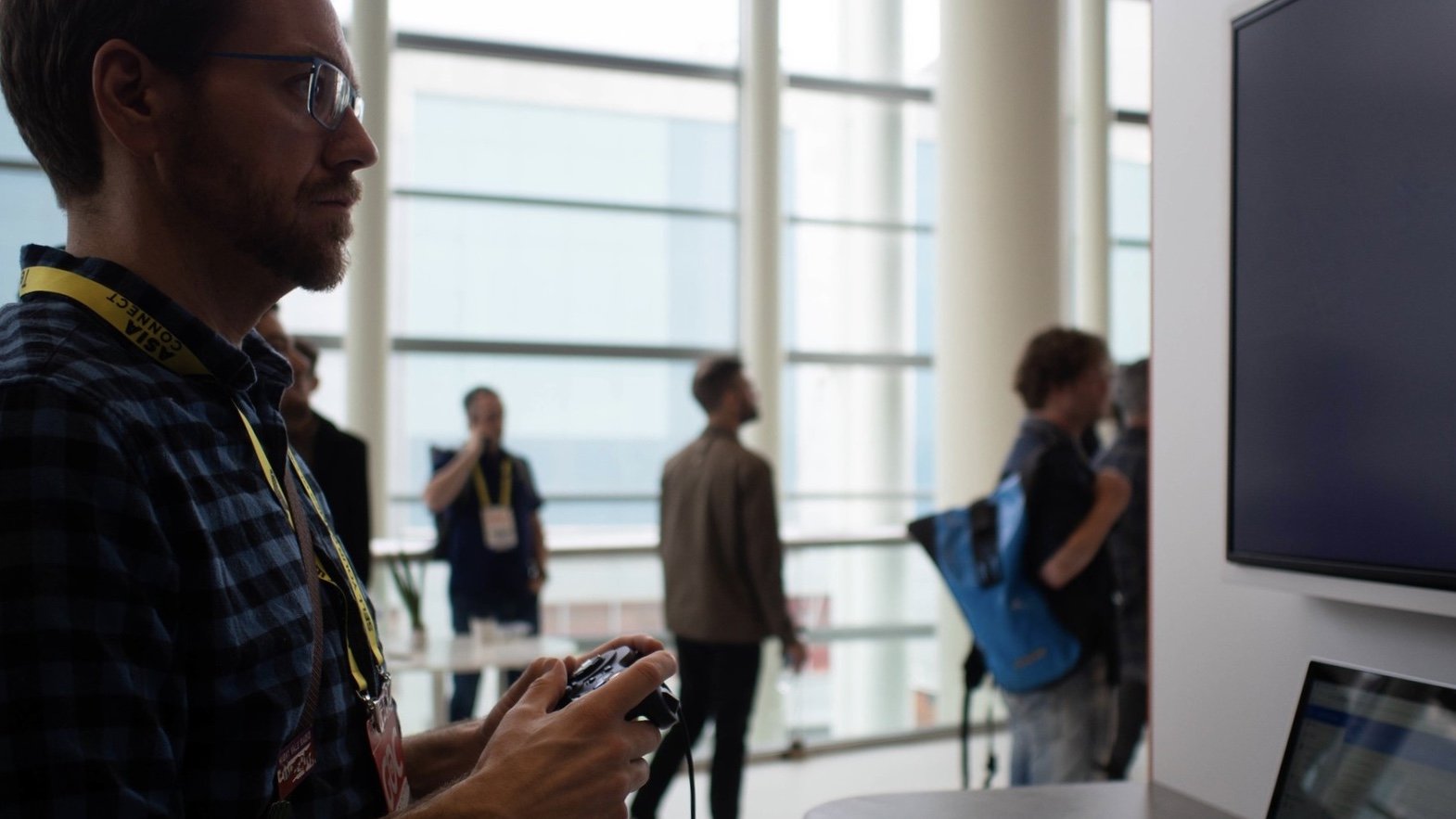
Aside from input lag and image quality, Google completely forgot to mention Stadia's connection limitations. How will internet service providers (ISPs) react to users using up so much bandwidth? These are important topics that need to be clarified by the company. In many regions around the world — including the United States — many ISPs have caps on the amount of data you can use every month. It seems like the highest quality visuals will be out of the reach for the majority of gamers on this planet. Additionally, mobile phone users face the same issues and have even smaller data limits. Google needs to be clear about the bandwidth requirements because that seems to be the biggest barrier to entry.
All the latest news, reviews, and guides for Windows and Xbox diehards.
Lastly, Google failed to discuss how much games will cost or how monetization will work on Stadia. Will it be free and supported through advertisements? Will there be an Xbox Game Pass-like subscription model or will gamers have to pay $60 for "AAA" titles? If Stadia is indeed a free service which features a subscription and game purchases to access various titles, where is Google recuperating the revenue? There is a lot of distrust right now on how companies like Facebook and Google handle private user information so there would have to be assurances that your purchasing and playing habits won't be shared with others.
Owning a physical game gives you access to the title for perpetuity. Even if a console manufacturer goes out of business, you still own a product and can play it whenever. What will happen if Stadia is ever shut down like some other Google products? Complete ownership is another major concern when it comes to this platform. While physical game sales are declining, they're still quite popular and keep companies like GameStop in business.
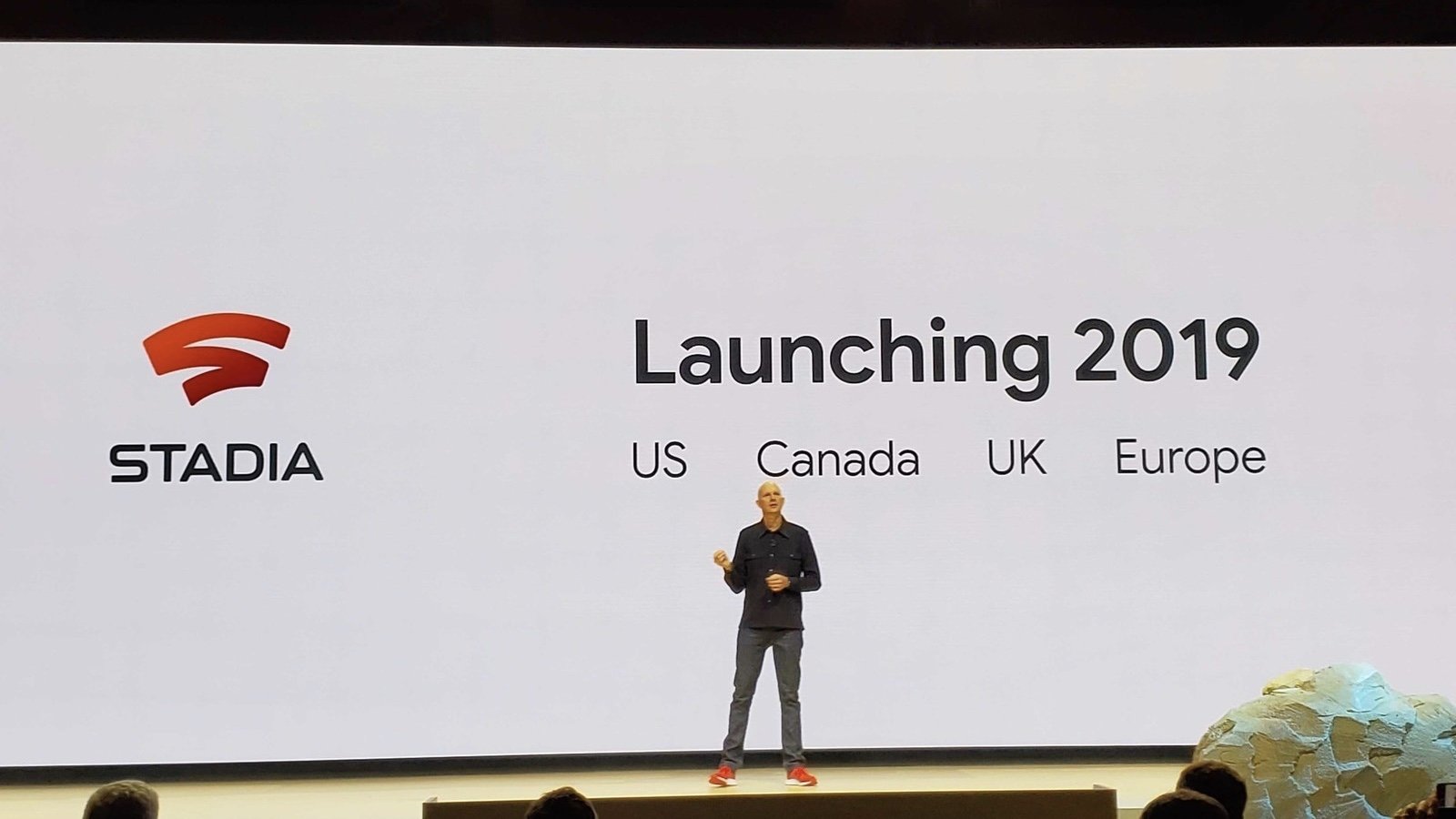
During the presentation, Google announced that it has created its own games studio which will not only produce first-party experiences, but also coordinate with third-party studios. Unless this studio employs thousands of individuals, it's unlikely that it can match the might of what Microsoft, Nintendo, and PlayStation have in their arsenal. Microsoft recently more than doubled its first-party studios through aggressive acquisitions and it doesn't seem like that's the end of it.
First-party games are a key to a console's success and Google will need a lot of high-quality titles on the level of Forza Horizon 4, God of War, and The Legend of Zelda: Breath of the Wild to compete with the competition. Not a single exclusive was announced. For that matter, even the videos showcased during the presentation didn't have great frame rates.
Hopefully Google will talk about all of these in the coming months. The company promised that more information would be revealed during the summer, but with E3 2019 coming up, it gives its competitors — especially Microsoft with Project xCloud game streaming — a chance to dominate the scene and talk about all of these problems. Google didn't even discuss if the Stadia controller features rumble and other benefits that enhance immersion. Lastly, the bold claim about cheating doesn't seem to take into account pixel-based aimbots.
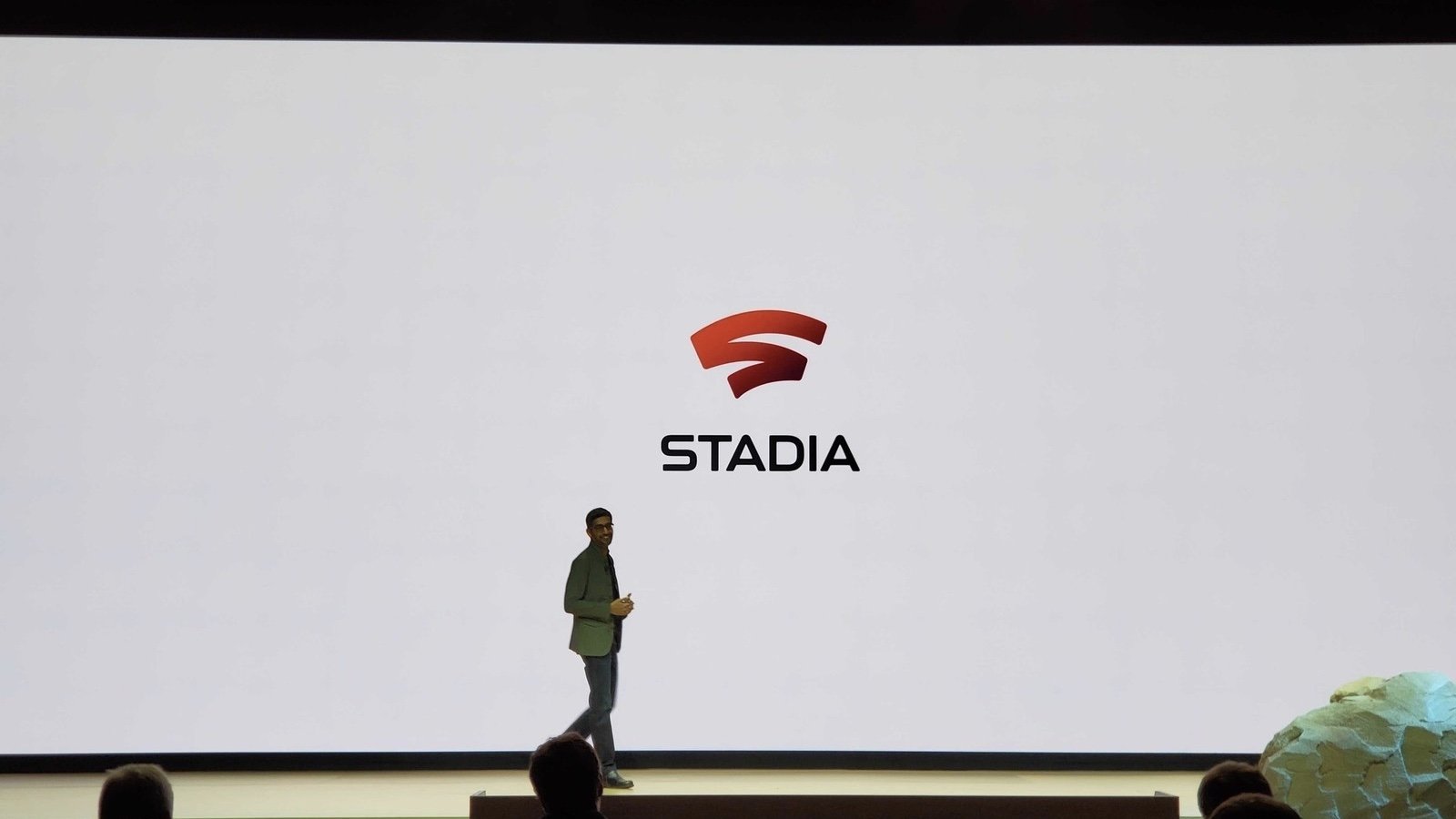
In my opinion, a game streaming service can only catch on if it offers all of your existing games and compelling exclusives. For example, let's say that I bought a code for Anthem on Xbox One at GameStop. I should be able to play it on the go through streaming — for grinding or accomplishing other tasks — but come back home and experience in the highest visual fidelity possible. Right now, it doesn't seem like Stadia has nailed any of this. And with next-generation machines right around the corner which are rumored to offer more than 10.7 teraflops of computing power, Stadia might be a hard sell or left behind.
There are a lot of game streaming platforms coming in the future, but the fight between Microsoft's Project xCloud and Google Stadia will be an interesting one. According to Microsoft's Kareem Choudhry, "Project xCloud and Xbox Game Pass are going to coexist in some reasonable way." There are many who think that access to Project xCloud will be part of either the Xbox Live Gold or Xbox Game Pass subscriptions. If this is the case, Microsoft already has an install base of tens of millions. Google needs to provide more answers because its competitors having massive advantages from the get-go.

Asher Madan formerly handled gaming news for Windows Central. Before joining Windows Central in 2017, Asher worked for a number of different gaming outlets. He has a background in medical science and is passionate about all forms of entertainment, cooking, and antiquing.
